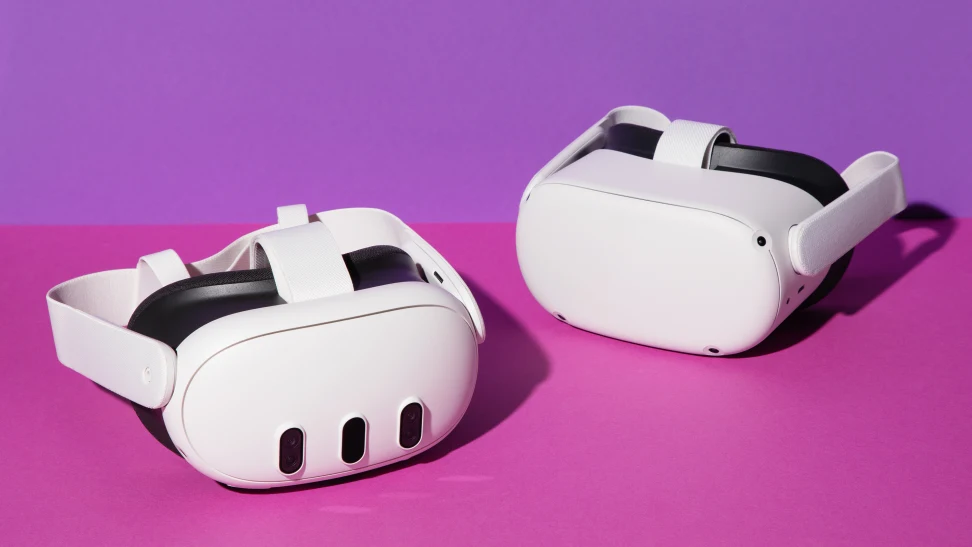
Meta Unveils Affordable $299 Quest 3S VR Headset and Orion AR Glasses Prototype
Hardware
Zaker Adham
25 September 2024
05 August 2024
|
Zaker Adham
Summary
Summary
Huawei's upcoming Kirin chip is set to incorporate a unified memory architecture (UMA), akin to the technology used in Apple's M-series and Intel's Core Ultra Series CPUs. This means that the RAM will be integrated directly into the Kirin processors, accessible by both the GPU and CPU. According to Weibo user Fixed Focus Digital, who previously predicted that the Kirin CPU with Taishan V130 cores could rival Apple's M3 performance, this new chip is specifically designed for AI terminal products and boasts double the memory bandwidth of previous PC chips.
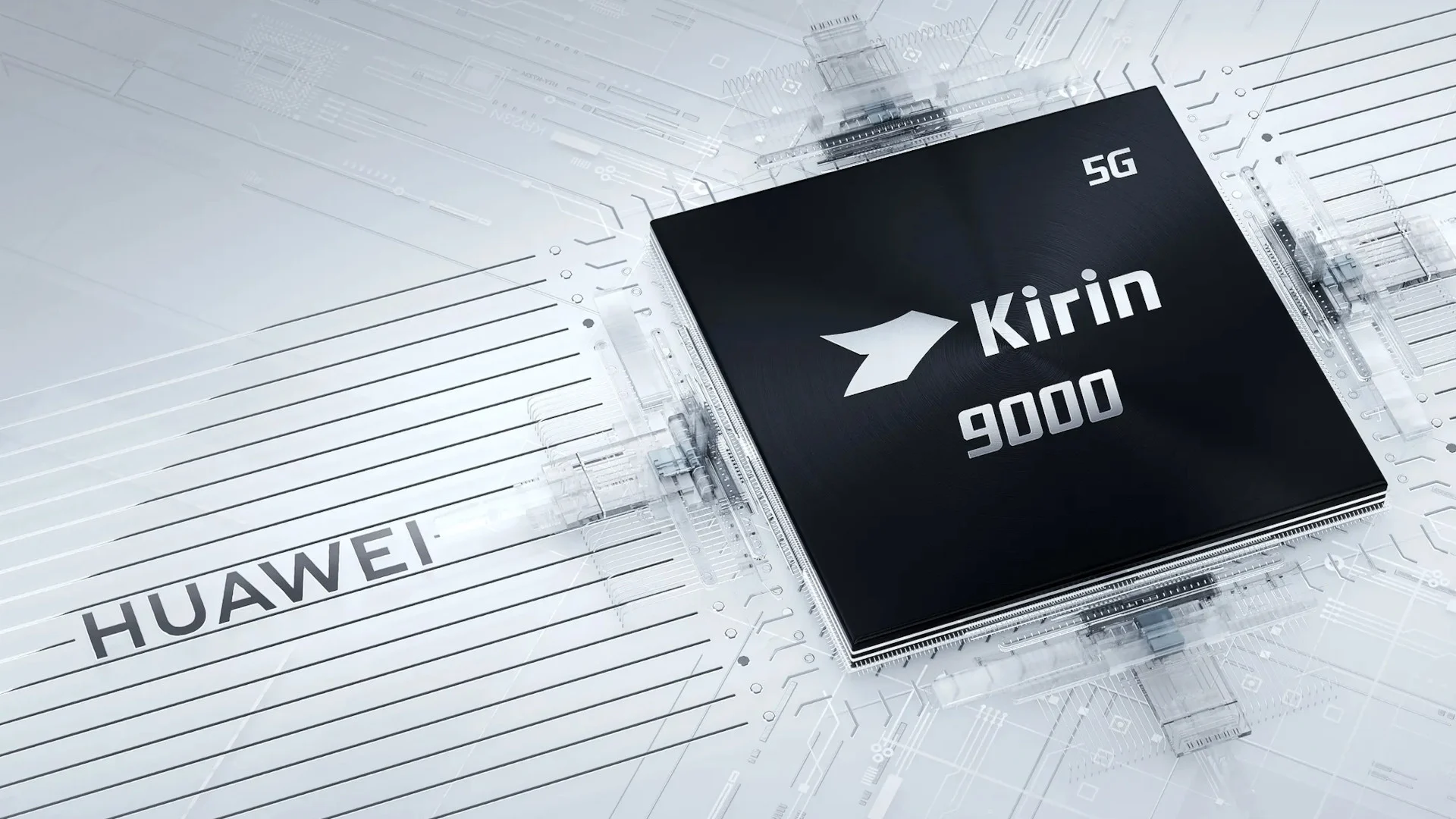
Once a leading smartphone manufacturer, Huawei faced significant setbacks due to U.S. government sanctions. These restrictions forced the company to focus on developing its own silicon, as it lost access to Qualcomm and Intel's latest chips and advanced production facilities at TSMC. Despite these challenges, Huawei has managed to produce chips domestically, such as the Kirin 9000S using 7nm technology at SMIC. However, these chips lag behind those made with more advanced nodes from TSMC and other non-sanctioned fabs.
Even with these limitations, Huawei continues to innovate. Fixed Focus Digital notes that the local large model and inference speed of AI are determined by memory bandwidth, and the use of UMA unified memory-DRAM on an IC substrate will offer stronger synergistic performance than current Windows chips. This suggests that Huawei is aiming to compete with Qualcomm's Snapdragon X processor, which features a 45 TOPs NPU. However, it remains uncertain whether Huawei's new chip can utilize Microsoft's AI features, especially under the Copilot+ PC branding, due to ongoing U.S. restrictions.
Ultimately, the true test of Huawei's new chip will come from public benchmarks and performance comparisons. While Huawei's chips may currently lag behind their peers, the company's efforts to catch up with industry leaders like AMD, Apple, Intel, and Qualcomm are noteworthy.

Hardware
Zaker Adham
25 September 2024
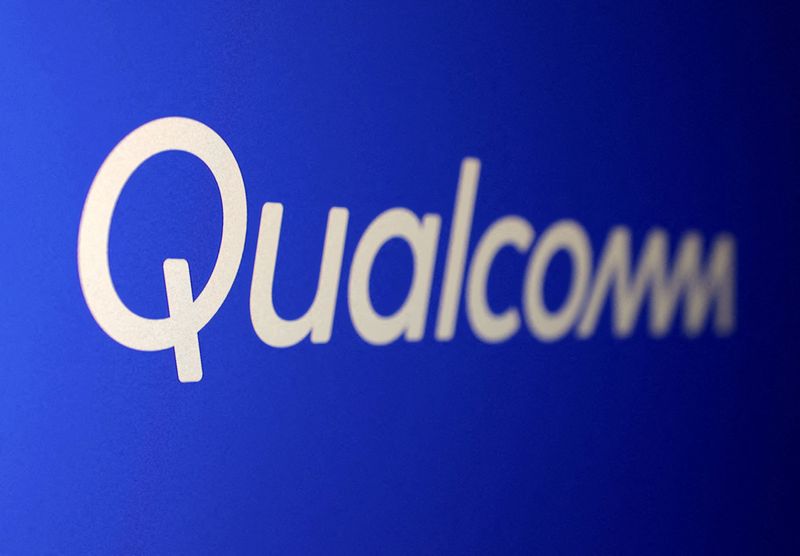
Hardware
Zaker Adham
25 September 2024
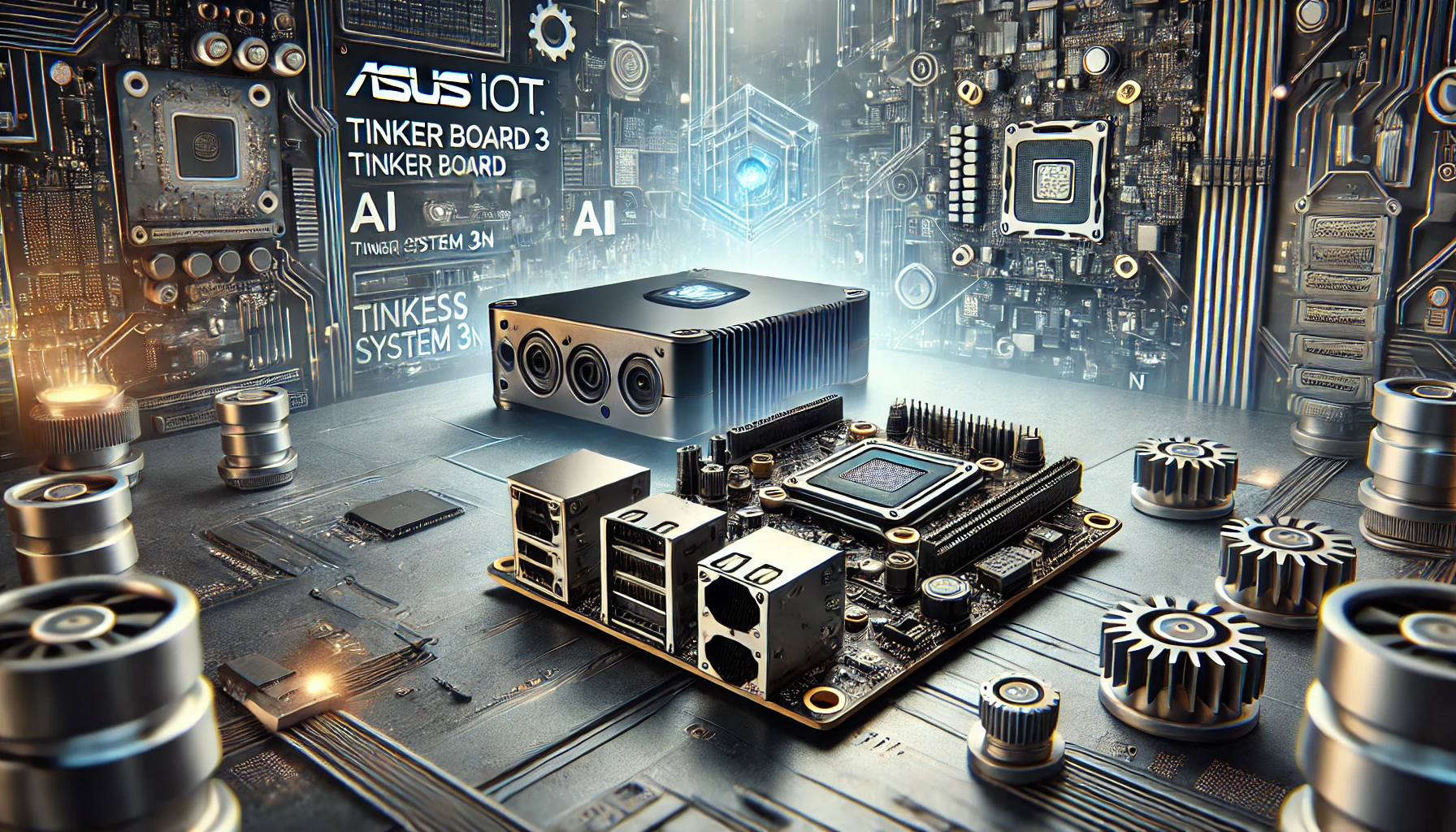
Hardware
Paikan Begzad
18 September 2024
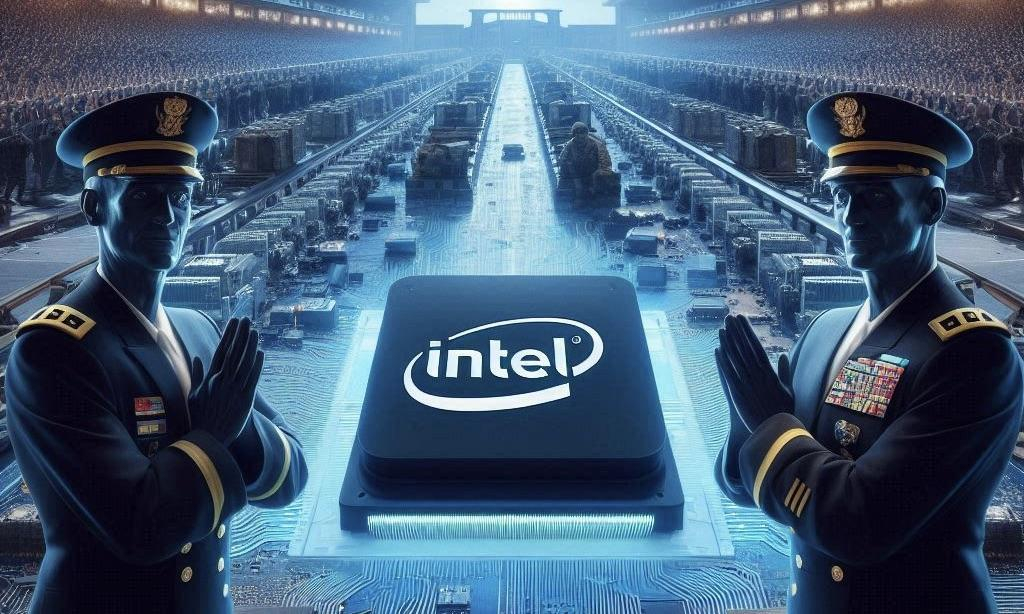
Hardware
Paikan Begzad
14 September 2024